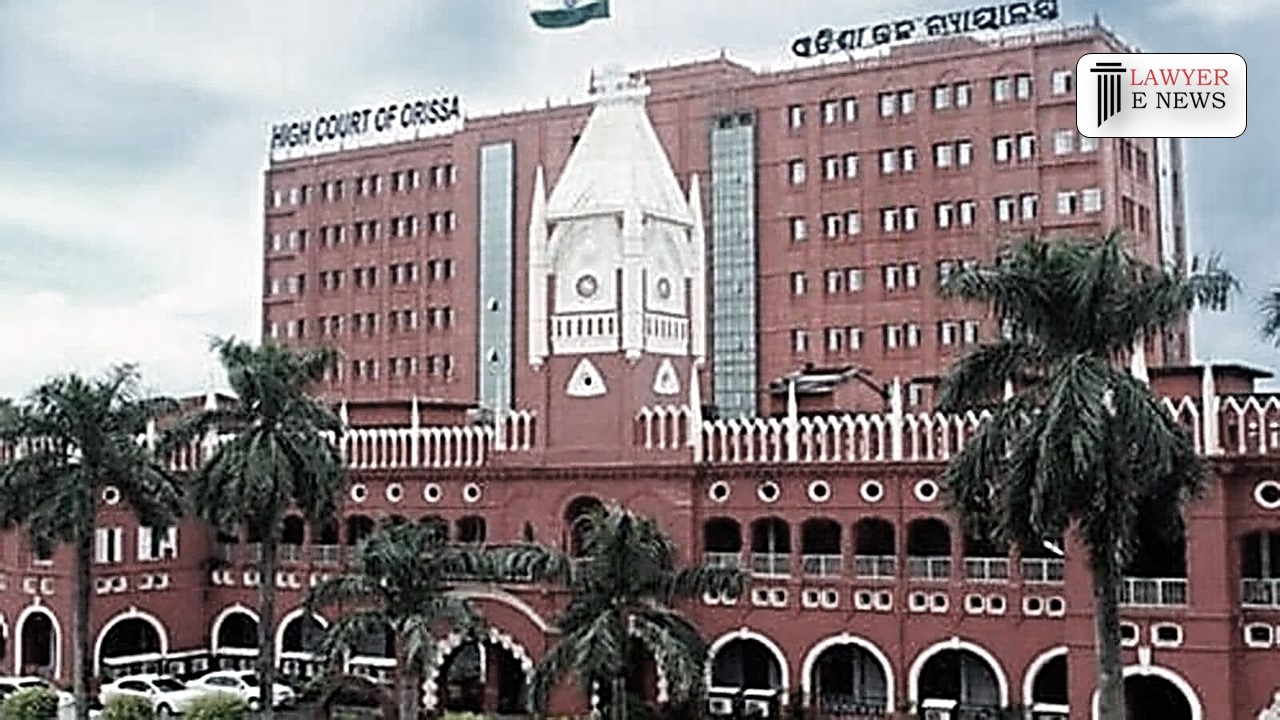-
by Admin
17 February 2026 2:34 PM



In a significant development, the Orissa High Court has upheld the conviction of the accused in a Protection of Children from Sexual Offences (POCSO) case, dismissing the appeal filed by the appellant. The judgment, delivered by Justice S.K. Sahoo on 19th July 2023, reaffirms the importance of corroborating evidence and the reliability of the victim’s testimony in cases involving crimes against children.
The appellant, represented by learned Amicus Curiae, Mr. Akhaya Kumar Beura, had challenged the trial court’s ruling, contending that there was no concrete evidence to establish the age of the victim. However, the court firmly rejected this argument, stating, “The prosecution has successfully proved that the victim was less than sixteen years of age as on the date of occurrence.”
The case centered around the appellant’s conviction under sections 363 (kidnapping), 366 (kidnapping or abducting a woman with intent to compel her for marriage or illicit intercourse), and 376(2)(i)(n) (rape) of the Indian Penal Code, as well as section 6 of the POCSO Act. The court emphasized the significance of determining the age of the victim, noting, “Establishing the minority of the victim child is a condition precedent to proceeding with a case under the POCSO Act.”
Justice S.K. Sahoo also addressed the defense’s attempt to discredit the victim’s statement by referring to her previous statement recorded under section 164 of the Code of Criminal Procedure (Cr.P.C). The court asserted that such statements are not substantive evidence and can only be used for corroboration or contradiction, provided the witness is confronted with the contradictions during cross-examination.
The court firmly supported the victim’s evidence, stating, “The evidence of the victim (P.W.1) regarding commission of rape on her and her rescue gets corroboration from her family members and the same can be acted upon.” The court also appreciated the efforts of Mr. Akhaya Kumar Beura, the learned Amicus Curiae, and awarded him professional fees of Rs. 7,500.
This verdict highlights the significance of corroborating evidence in cases involving crimes against children and underscores the court’s commitment to protecting the rights and safety of minors. The judgment sets a precedent for the strict evaluation of evidence in similar cases, further reinforcing the stance against such heinous crimes.
Date of Decision: 19th July 2023
Bapun Singh vs State of Odisha
